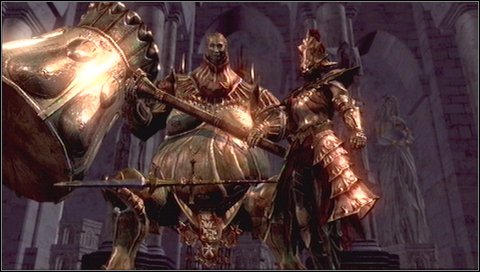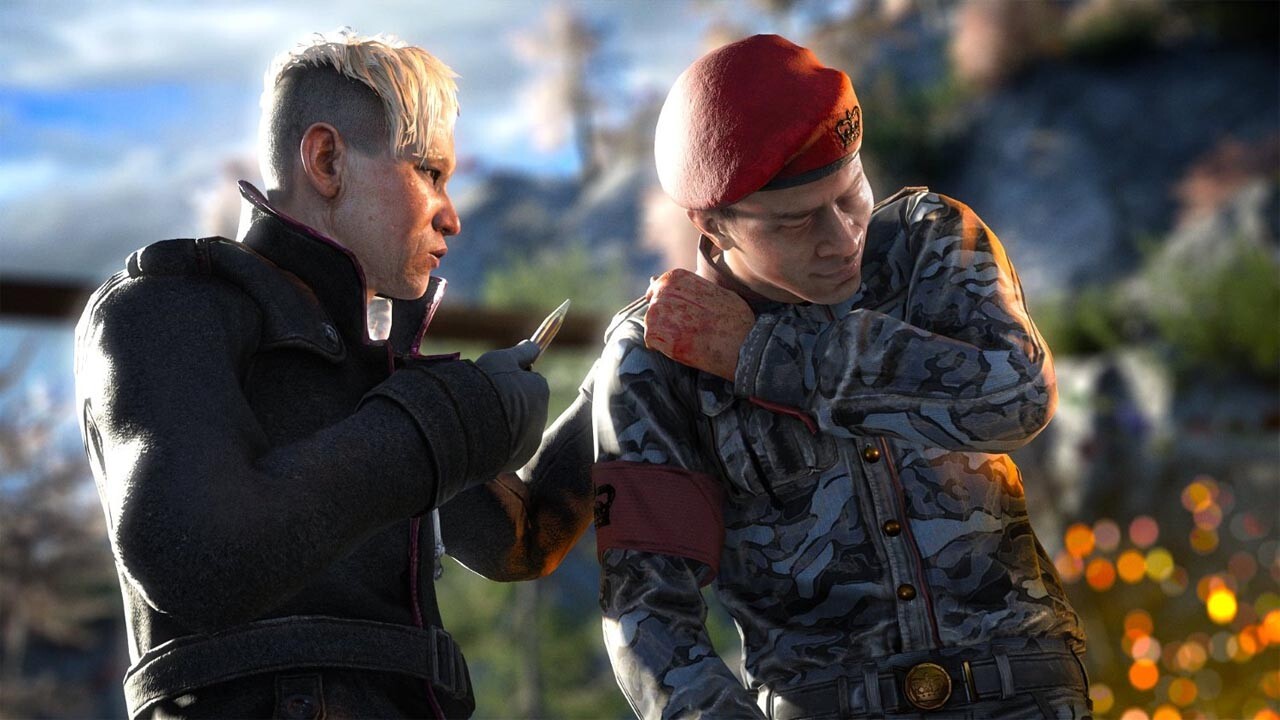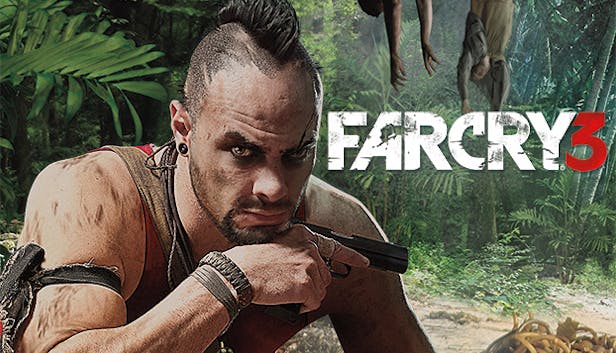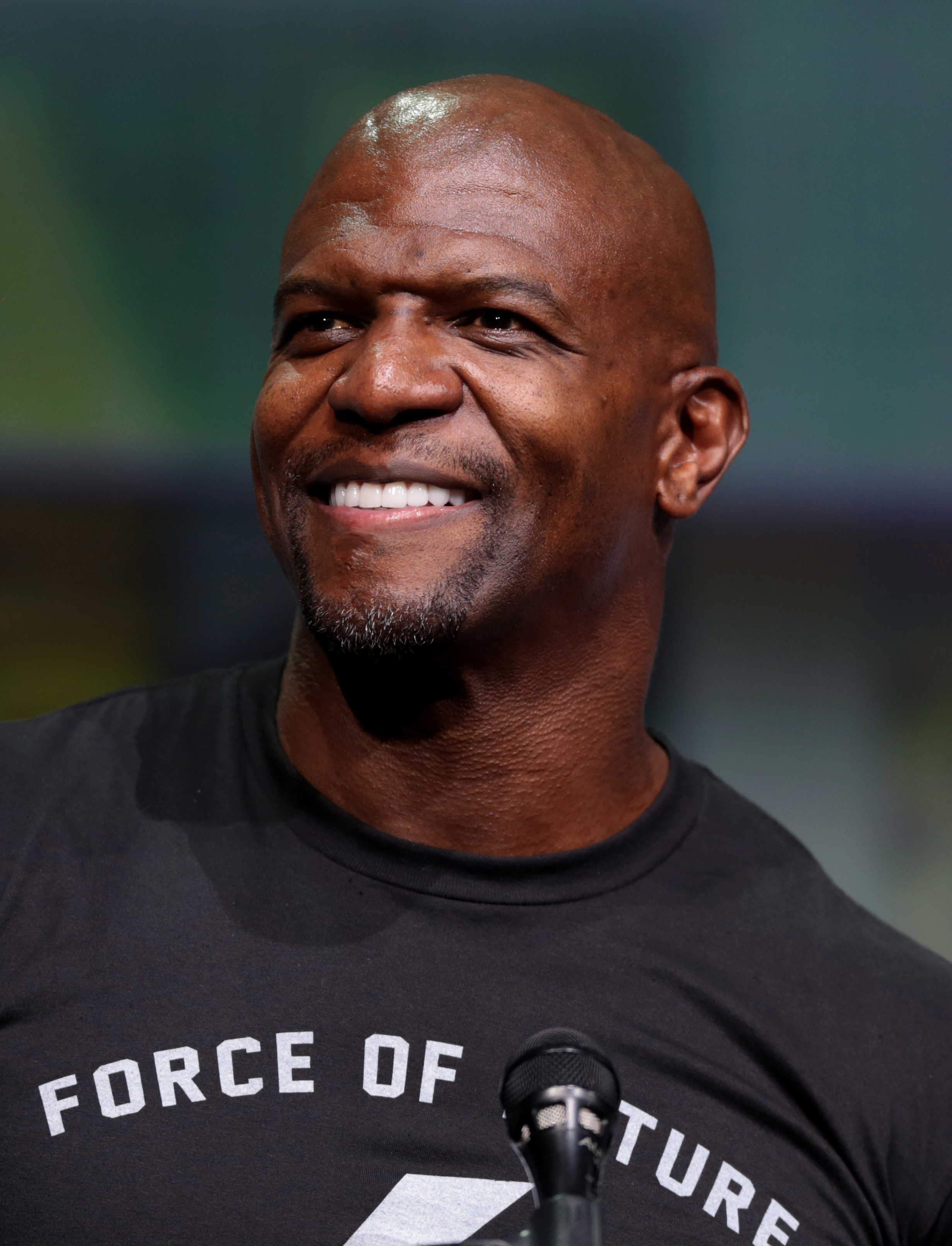If you are reading this, and I assume you are, then you are interested in the Free Path- sometimes called Mendasa (But ignore that for the moment). The Free Path is built upon the Song of Seven, and the First Song begins with an admonishment to be indigenous.
What does it mean to be indigenous? According to the dictionary definition we like (And thus actually use), being indigenous means to belong to the land in which one lives. But what does mean.
Well, a digression.
All humans are Africans.the evidence is in. If you want to argue go elsewhere. Our DNA, the fossils if our ancestors, the trails of tools and artifacts, and other mountains of archaeological and anthropological evidence that tells us our lineage. We are all African.
And so if you are human and live anywhere but Africa, then you are a colonist. So what does it mean to be a colonist? Honestly, not much more than an awareness of the fact that we're all immigrants or the children of immigrants. But there is another recently emerging factor that tends to immigrate with us.
People tend not to think of the first humans coming out of Africa as colonists or settlers. This applies to the Sami of Finland, and the Franks of France, and the Ainu of Northern Japan, and the Tribes of North America. Why is a Frenchman in Africa a colonist? Why is a Lakota Sioux not a colonist?
Obviously part of the equation is whether the area already had human inhabitants. But we call many a people indigenous who colonized lands already inhabited.
But, leaving our digression, part of the equation is how we live once we settle somewhere. Do we live like that land belongs to us?
Or.
Do we live like we belong to the land?
Do we live like the land is a resource from which we may extract what like, or do we live like the land is a collaborator with whom we are in a long term working relationship? The first song is an exhortation to be indigenous, and this is mirrored by verse 4.4 of the song: Live for the Unborn Elders. By which is meant that one should live so that ones actions do not harm the livelihood of any of the next seven generations of descendents.
So again, to be indigenous is live as though you belong rather than living as though it belongs to you.
How does one do this? Well obviously, one must live lightly and live in a way that gives back to the land. The Mendasa Story Canon gives us another useful metric. The most mysterious of the Elders of the Shadowlands (which is saying something when you consider that the Elders include the Great Serpent and the Weaver and Mystery), is the Whisperer: the voice of the land and air and sea. Stop and be still, and listen. If one pays attention you will hear a small voice speaking to- giving you the path in a whisper.
It is the Whisperer who gives the discontent that drives the Kudavbin King to give up his Empire like Siddartha or Moses. It is the Whisperer who inspires the Dreamwalker to tell their stories and inspire change like Martin Luther or Paul of Tarsus. It is the Whisperer that connects First Mother back to the Weaver's web and to her story. And here I have no examples within the stories of the Hungry Empire; because while the Empire can assimilate the stories of the Dreamwalker and the Kudavbin King, redirect their attempts at freedom back to the Grey Path, but First Mother is never assimilated. Instead, if caught by the Empire, First Mother is sacrificed. And she is sacrificed because, while the Dreamwalker points to the path of the indigenous person, and the Kudavbin King tears open a path which will lead to the indigenous life, First Mother teaches and walks the path of the indigenous life. And this cannot be tolerated.
But the Hungry Empire has blind spots. And this message seeks to live in such blind spots, and to whisper to those who wish to hear, teaching them how to belong.
Life is short.
Work is crap.
Join my cult.




